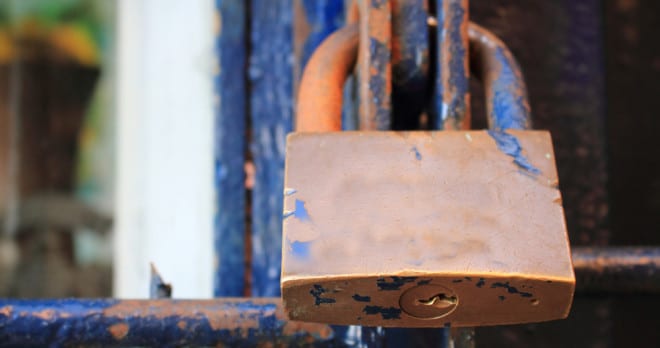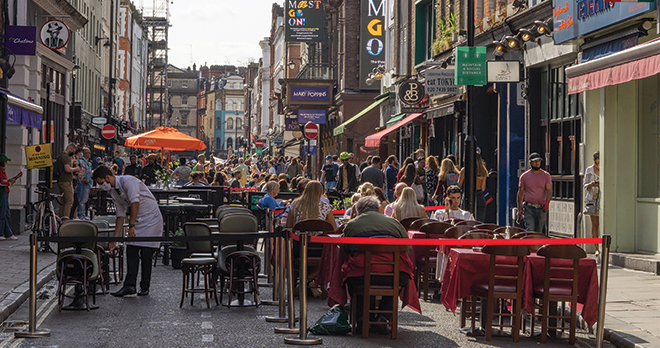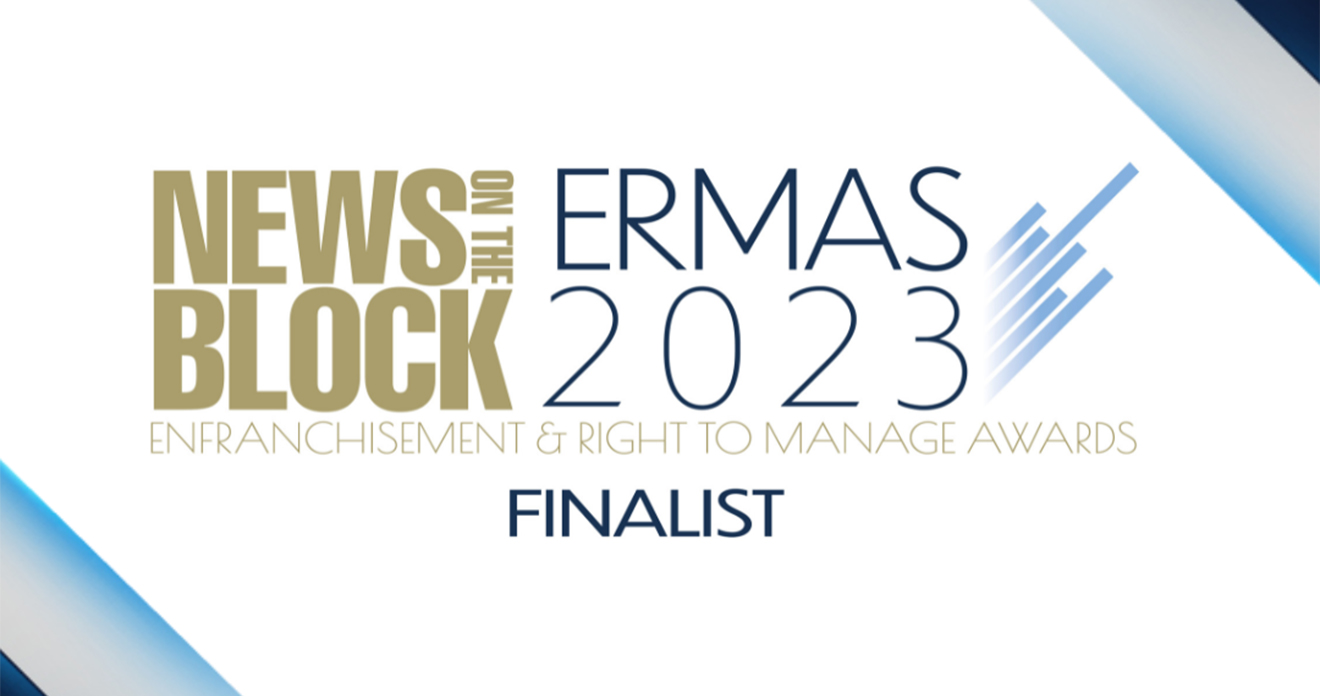Dealing with squatters in your property

No figures are available for squatting in commercial premises, which are unaffected by the change in the law and which remain governed by the civil courts. It's unclear whether there has been an overall decline in squatting or whether squatters are choosing to occupy commercial buildings instead.
In respect of commercial premises it is very occasionally possible to retake possession without a court order but only if the occupier is not a residential tenant and no force is required to obtain entry. As most squatters are very aware of their rights it is unusual not to have to force entry and commercial landlords inevitably end up having to take court action.
There are two ways of getting a court order - which to use will depend on the individual circumstances of the case. It's important that the case is started off in the right way as if it's not it can cost both time and money.
Briefly the methods available are:
1. An accelerated application to court
Although the court deals with these applications urgently and the hearing can take place after two days from the claim being served on the premises, in practice it can take several weeks for the case to be heard. There is then a further delay as physical possession has to be returned to the landlord by a court bailiff and bailiff appointments from most courts can take up to a further month to come through.
2. Interim Possession Order
This process is slightly more convoluted and can only be used if the court claim is made within 28 days of the landlord becoming aware of the squatters and where the landlord has not at any time given the occupiers permission to be there.
The initial process is much quicker – the court hearing takes place within three days of issue, undertakings have to be given by the landlord and once the Interim Order has been served the occupiers must leave the property within 24 hours or they commit an offence. However there must be a further, final hearing to confirm the order so the process can be more expensive than the single hearing alternative.
There is a suggestion that the criminal law will be extended to commercial premises in due course but at the present time the government has not indicated that it is a priority. Scant comfort at all for the Metropolitan Police who last month found that squatters had moved into the closed Hampstead Police Station and refused to leave. The Police were forced to apply to the civil court for an order.
Contact our specialist solicitors to find out how we can help you in the event you have a dispute over your property.
Call now











